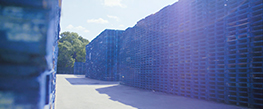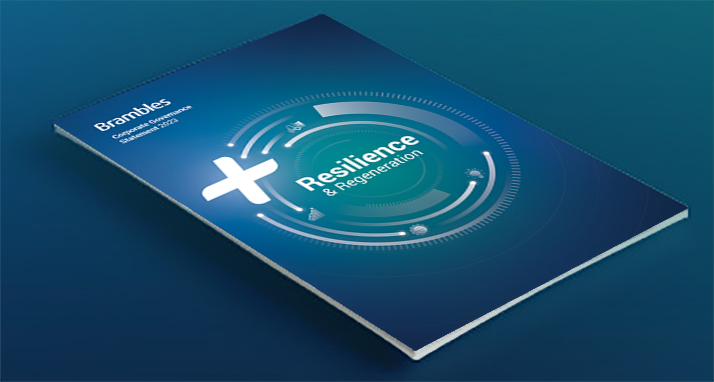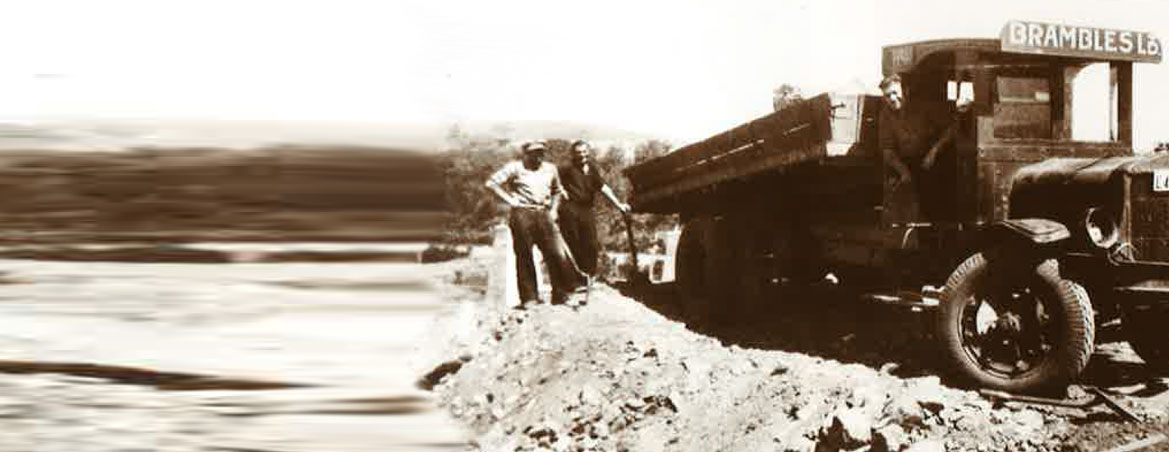Brambles takes its name from
Walter Bramble, who arrived in Sydney, Australia with his English parents in 1858 when he was less than one year old
At the age of 18, Walter established a butchering business. He was a "cut up and deliver" butcher, meaning he transported the meat to customers by boat or horse and cart. Two years later, he had saved enough to move his business to the rapidly growing port town of Newcastle. Walter gradually expanded the transport part of his business

Walter Bramble establishes a butchery business in Newcastle, Australia – gradually expanding its transport and logistics operations

W E Bramble & Sons Limited forms, delivering transport and logistics services, as well as automotive engineering and real estate investment
Post World War II, the Australian Government takes ownership of a collection of pallets and other transportation assets left in Australia by the US Army and, in 1946, introduces the name Commonwealth Handling Equipment Pool (CHEP).

W E Bramble & Sons becomes a publicly-listed company and establishes a subsidiary operation at Port Kembla, Australia, providing transport and industrial services for BHP

Brambles enters the pooling solutions business, buying CHEP from the Australian Government. Brambles changes its name to Brambles Industries Limited and moves its head office from Newcastle to Sydney

Brambles enters the waste disposal sector
Brambles reconfigures its business into principal divisions of industrial services, transport, materials handling and chemical/mechanical engineering
Brambles forms CHEP UK as an 80:20 joint venture with Guest Keen & Nettlefold (GKN)

CHEP enters continental Europe, initially in the Benelux region and France

Brambles renames its waste disposal business Cleanaway
Brambles launches CHEP Germany
Having established itself in Asia-Pacific, Europe, South Africa and Canada, Brambles launches CHEP USA
Brambles makes its first overseas acquisition in records management, buying the Vault Company in Atlanta, USA
Brambles divests several divisions including Grace Removals and the Sydney towage business J P Fenwick

Recall launches as the global records management business of Brambles

Brambles merges with the support services arm of GKN and forms a dual-listed companies structure on the Australian and London stock exchanges, as Brambles Industries Limited and Brambles Industries plc respectively

Brambles announces it will streamline the group and focus on CHEP and Recall by divesting Cleanaway, Brambles Industrial Services and several other businesses

Brambles unifies its dual-listed companies structure. Brambles Limited becomes the holding company for CHEP and Recall, listed on the Australian Securities Exchange only

Brambles enters the aerospace container pooling segment with the acquisition of Unitpool

Brambles acquires Container and Pooling Solutions (CAPS), a USA-based provider of intermediate bulk containers

Brambles acquires IFCO Systems, the world's largest RPC business, combining it with CHEP's RPC operations, and announces a new segmental reporting structure based on the three Pooling Solutions categories of Pallets, RPCs and Containers, and Recall
Brambles acquires aerospace maintenance and repair organisations JMI Aerospace and Driessen Services and formally launches CHEP Aerospace Solutions as an equipment pooling and repair service dedicated to servicing the pooling and maintenance requirements of the aviation industry

Brambles expands its Canadian pallet management and pooling operations through the acquisition of Paramount Pallet

Brambles acquires Pallecon, a leading provider of intermediate bulk container solutions in Europe and Asia-Pacific

Brambles demerges its Recall information management business, which becomes owned by Recall Holdings Limited, a separate company listed on the Australian Securities Exchange and independent of the Brambles Group
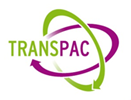
Brambles acquires Transpac, a German-based provider of pooled intermediate bulk container services

Brambles expands its specialist containers business through the acquisition of Ferguson Group, a leading provider of container solutions to the offshore oil and gas sector

Brambles enters Chilean reusable plastic crate segment through acquisition of Rentapack
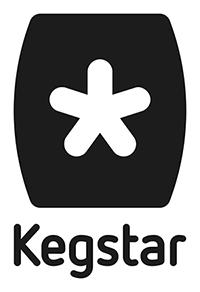
Brambles acquires Kegstar, a specialist stainless steel keg pooling business primarily serving beer and cider markets.

Brambles establishes BXB Digital to expand its capabilities in data analytics and develop innovative digital supply-chain solutions for its customers and the supply chains of the future.

Brambles combines its Oil & Gas container solutions businesses - Ferguson Group and CHEP Catalyst & Chemical Containers - with Hoover Container Solutions to create the independent joint venture company, Hoover Ferguson Group.
Brambles divests LeanLogistics.
Brambles divests its Aerospace Solutions business.

Dow Jones Sustainability World Index ranks Brambles as top performer in the Commercial Services and Supplies Industry.
Brambles divests its North American recycled whitewood pallets activities.
Brambles divests its interest in the Hoover Ferguson Joint Venture.
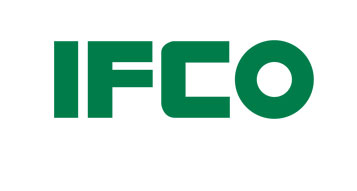
Brambles completes the sale of its IFCO reusable plastic containers (RPC) business.

Brambles has received the highest score in the Dow Jones Barron’s sustainability ranking, rated as the most sustainable company globally.
2021

Brambles completes the Kegstar merger with MicroStar.
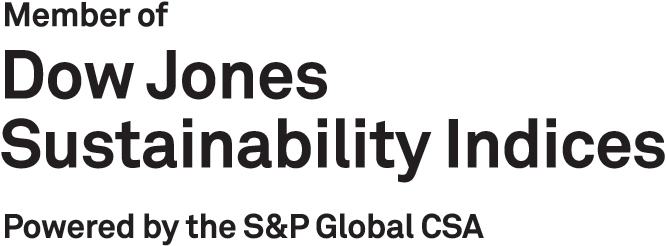
Brambles ranked #1 for industry category in Dow Jones Sustainability World Index.
2023
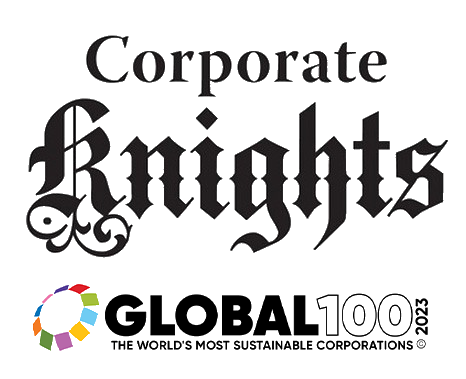
Brambles ranked world’s third most sustainable company by Corporate Knights’ Global 100 list.
2023
Brambles merges CHEP China with Loscam China.
2024

Brambles ranked 2nd most sustainable company in the world by Corporate Knights’ Global 100 list.
